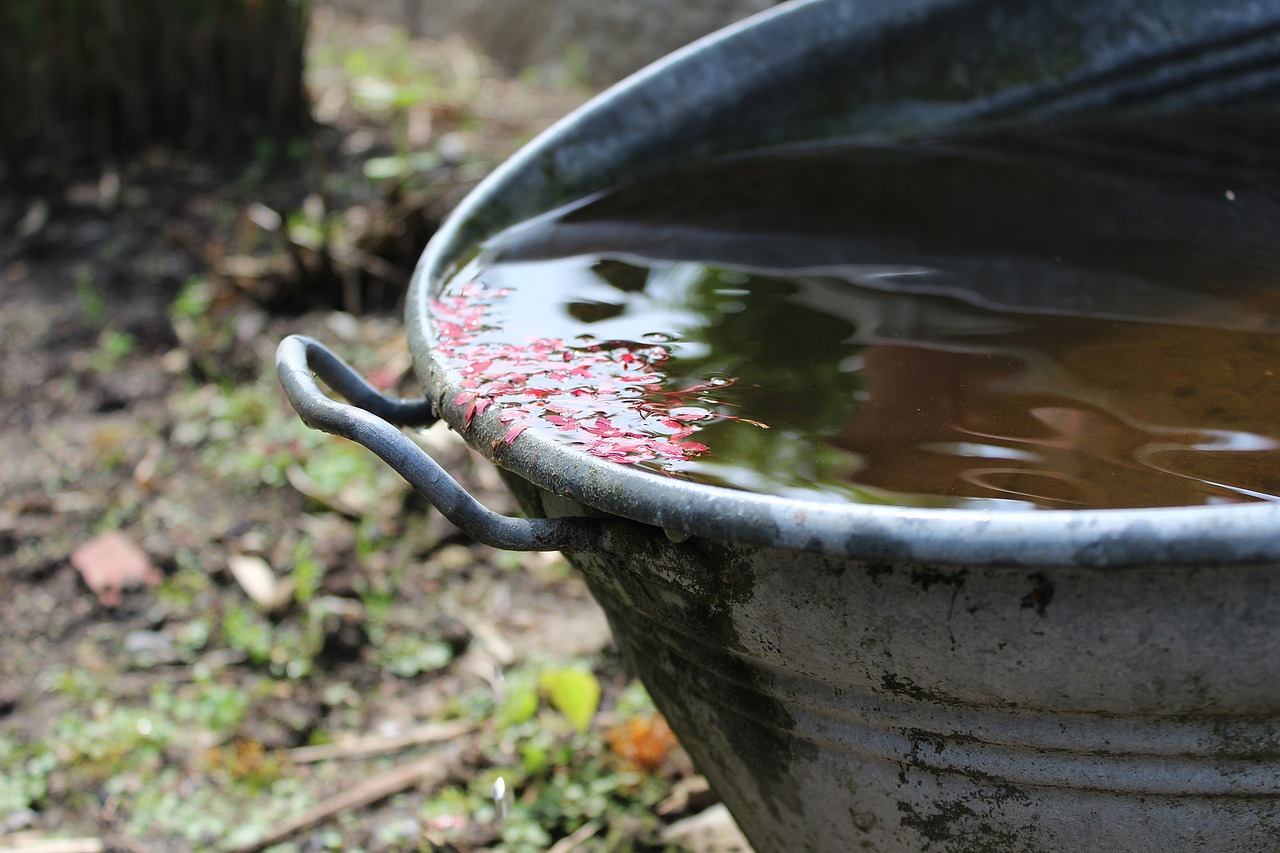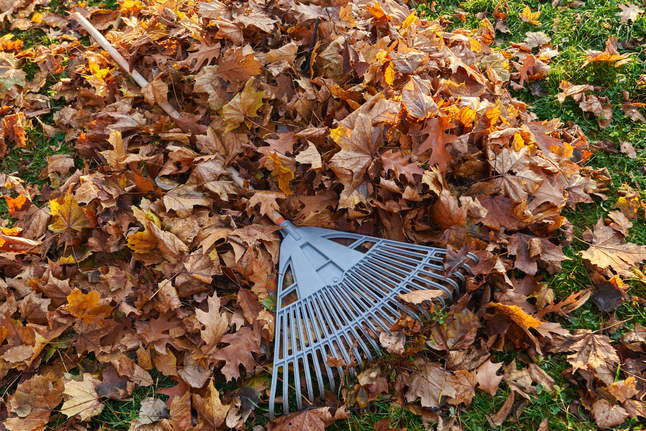
The Benefits of Installing a Rainwater Harvesting System for Your Yard
Introduction: As water conservation becomes increasingly important, rainwater harvesting offers a practical solution for homeowners looking to reduce their environmental impact. By collecting and storing rainwater, you can reduce your reliance on municipal water supplies and ensure your outdoor plants are hydrated year-round. In this article, we’ll explore the benefits of installing a rainwater harvesting system and how it can be a game-changer for your yard.
1. Water Conservation and Sustainability:
a. Reduce Water Waste: A rainwater harvesting system collects runoff from your roof and stores it in a tank or barrel, allowing you to use it for garden irrigation, lawn care, or even cleaning outdoor surfaces. This helps minimize your reliance on treated water, which is often wasted on outdoor tasks.
b. Sustainable Landscaping: Using collected rainwater for landscaping can greatly reduce your household's water footprint. Rainwater is free from the chemicals found in treated water, making it healthier for your plants and better for the environment.
2. Cost Savings:
a. Lower Water Bills: Harvesting rainwater significantly lowers your water bills by reducing your dependence on municipal water for outdoor uses. Over time, the savings can offset the cost of installing the system, making it a smart long-term investment.
b. Irrigation During Droughts: In regions that experience droughts or water restrictions, having a stored supply of rainwater ensures your garden and lawn stay hydrated even during dry spells. This makes your yard more resilient to changing weather conditions without increasing your water usage.
3. Low Maintenance and Easy Installation:
a. Simple Setup: Rainwater harvesting systems can be as simple as installing a rain barrel under your downspouts or as complex as an underground cistern with filtration systems. For most homeowners, a basic rain barrel setup requires minimal installation effort and can be completed in a few hours.
b. Minimal Maintenance: Once installed, these systems are low-maintenance. You’ll just need to periodically clean the gutters and the collection surface to prevent debris from entering the storage tank. Many systems also come with filters to ensure clean water is collected.
4. Environmental Impact:
a. Reducing Stormwater Runoff: Collecting rainwater helps reduce stormwater runoff, which can cause erosion, flooding, and pollution in local waterways. By capturing this runoff, you're preventing potential damage to your landscape while also contributing to a healthier environment.
b. Support for Wildlife: Using rainwater to irrigate your garden can create a more natural and wildlife-friendly environment. Rainwater is free from chlorine and other chemicals, making it better for your plants, soil, and the local ecosystem.
5. How to Use Collected Rainwater:
a. Irrigation: The most common use of harvested rainwater is for garden and lawn irrigation. Connect your rain barrel to a soaker hose or watering can to distribute water efficiently.
b. Outdoor Cleaning: Use rainwater to wash your outdoor furniture, patio, or car. Since rainwater is naturally soft, it requires less soap for cleaning, making it both effective and eco-friendly.
c. Composting and Ponds: Rainwater is also ideal for composting or topping off backyard ponds, as it’s chemical-free and promotes healthier decomposition in compost piles and cleaner pond environments.
Conclusion: Installing a rainwater harvesting system is a smart and sustainable way to make your outdoor space more eco-friendly while saving money on water bills. With minimal maintenance and easy installation, this system provides a reliable water source for gardening, irrigation, and other outdoor tasks. Whether you’re looking to conserve water or create a more self-sufficient yard, rainwater harvesting is a great addition to any home.
Recent articles from Outdoor

Preparing the Garden and Vegetable Plot for Winter: Work List for the Homestead. Part 1
Work in the Vegetable Garden
As the harvest of late-ripening vegetable varieties concludes, the following tasks are carried out:
- Processing plant tops
- Remo...

Outdoor Entertaining: Tips for Hosting the Perfect Garden Party
Hosting a garden party is a wonderful way to enjoy the outdoors while entertaining friends and family. Whether it’s a casual get-together or a more formal event, planning the perfect garden part...

The Benefits of Installing a Rainwater Harvesting System for Your Yard
Introduction: As water conservation becomes increasingly important, rainwater harvesting offers a practical solution for homeowners looking to reduce their environmental impact....